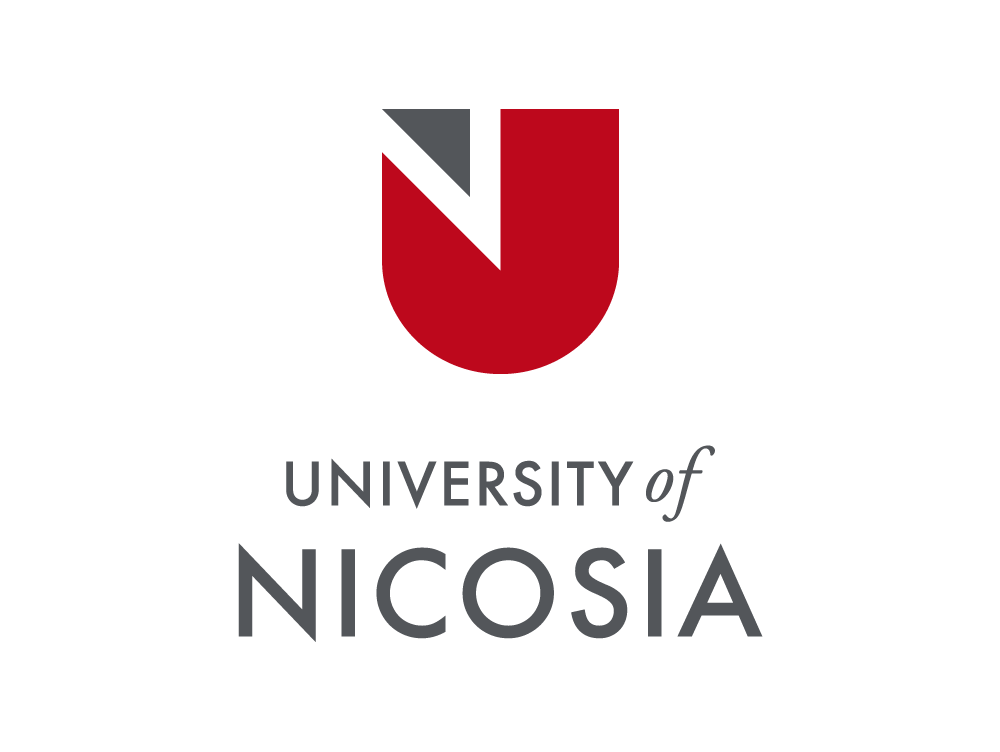Course Summary
The programme has been designed for graduates who wish to expand their knowledge of criminology, for persons with professional responsibilities in policing, probation and prison who wish to enhance their knowledge and further their practitioner experience, and for those who wish to follow criminal justice careers. The multidisciplinary nature of the programme offers its students the opportunity to gain knowledge and understanding on a variety of themes related to disciplines directly associated with criminology, such as psychology and law. The programme’s faculty are actively involved as practitioners nationally and internationally in policy-making bodies and in the application of criminological science, hence building successfully a bridge between theory and practice. It aims to attract professionals from state institutions and transform itself into a vehicle for contributing to and impacting on society and on policymaking.
Career Prospects
The programme provides opportunities for those who wish to work or are already working in relevant areas such as:
- Law enforcement agencies (police officers or civilian staff)
- Criminal Intelligence Units (as analysts)
- Probation and parole services
- Correctional settings
- Social services – Victim Care Services
- Research and analysis for the government or private consulting firms, such as crime analysis and crime prevention programmes
- Non-Government Organizations active in relevant fields
- Academia
Modules
Section: A – Κύρια Μαθήματα
Min. ECTS Credits: 30 Max. ECTS Credits: 30
Notes:
| Course Code |
Course Title |
ECTS Credits |
| CRIM-501DG |
Εγκληματολογική Ψυχολογία |
10 |
| CRIM-502DG |
Θεωρίες Εγκλήματος και Εγκληματικότητας |
10 |
| CRIM-503DG |
Μέθοδοι Έρευνας στην Εγκληματολογία |
10 |
Section: B – Μαθήματα Επιλογής
Min. ECTS Credits: 60 Max. ECTS Credits: 60
Notes:
Assessment Method
Course assessment usually comprises of a comprehensive final exam and continuous assessment. Continuous assessment can include amongst others, mid-terms, projects, and class participation.
Letter grades are calculated based on the weight of the final exam and the continuous assessment and the actual numerical marks obtained in these two assessment components. Based on the course grades the student’s semester grade point average (GPA) and cumulative point average (CPA) are calculated.
How to apply
Students come to UNIC from around the world, blending a diverse range of academic backgrounds, experiences, interests, talents and cultural heritage.
Admission to our University is granted under different categories, depending on the student’s qualifications and educational objectives.
Our general admissions policy relies on the student’s previous academic performance, including their high school grades. The Medical School has separate admissions policies and procedures outlined on the Medical School website.
Admission Requirements
The minimum admission requirement is a recognized High School Leaving Certificate (HSLC). Students with a lower HSLC grade than 7.5/10 or 15/20 or equivalent, depending on the grading system of the country issuing the HSLC, are provided with extra academic guidance and monitoring during the first year of their studies. Some programmes have higher entry requirements.
Apply
Application deadline
Students may begin their studies in September or February. Applications must reach the Office of Admissions together with all the required documents by:
| Studies from |
Deadline |
| Fall Semester (September to January) |
Late June |
| Spring Semester (February to May) |
Late October |
| Summer Session (June to July) |
Late February |
| Application Deadlines for European and Local students |
Please call the Office of Admissions on +357 22841528 |
06/30/2021
Entry requirements
Qualification requirements
- Completed Application Form
- A copy of your passport (page with your personal details and photo)
- Academic Records (True copy of the original)
- For Bachelors Degree applicants: High School Leaving Certificate and mark sheet
- For Masters Degree applicants: Bachelors Degree and transcripts
- For Doctorate applicants: Bachelors and Masters Degree, including transcripts
- Two Letters of recommendation/reference from professors or employers (for Masters and Doctorate applicants only). Certain programmes have additional requirements
- Curriculum Vitae–CV (for Masters and Doctorate applicants only)
- Personal Statement (for Masters and Doctorate applicants only)
- Research proposal (for Doctorate applicants only)
- Evidence of work experience (where applicable)
- Portfolio (for selected programmes of study)
Additional entry requirements
-
English language requirements
| Language of Instruction |
Greek |
Fees and funding
Application Fees
Full program tuition fees:
Additional Fee information
|
OTHER FEES
|
ON-CAMPUS PROGRAMMES
|
ONLINE/DL PROGRAMMES
|
|
Application fee (one-off/nonrefundable payment)
|
55
|
55
|
|
Visa application (one-off/nonrefundable payment)
|
86
|
0
|
|
Registration fee (per semester)
|
26
|
0
|
|
Health & accident insurance (per year)
|
175
|
0
|
|
Student activities fee (per semester)
|
20
|
0
|
|
Technology fee – Internet use etc. (per semester)
|
15
|
0
|
|
International student guarantee (one-off / refundable payment)
|
400
|
0
|
|
Transcript fee (per copy)
|
5
|
5
|
|
Evaluation fee (transfer credits / ECTS)
|
52
|
52
|
|
Second exam fee (per course)
|
65
|
65
|
|
Graduation application fee
|
60
|
60
|
|
Total
|
959
|
273
|
Provider information
Main Contact
46 Makedonitissas Avenue, CY-2417

